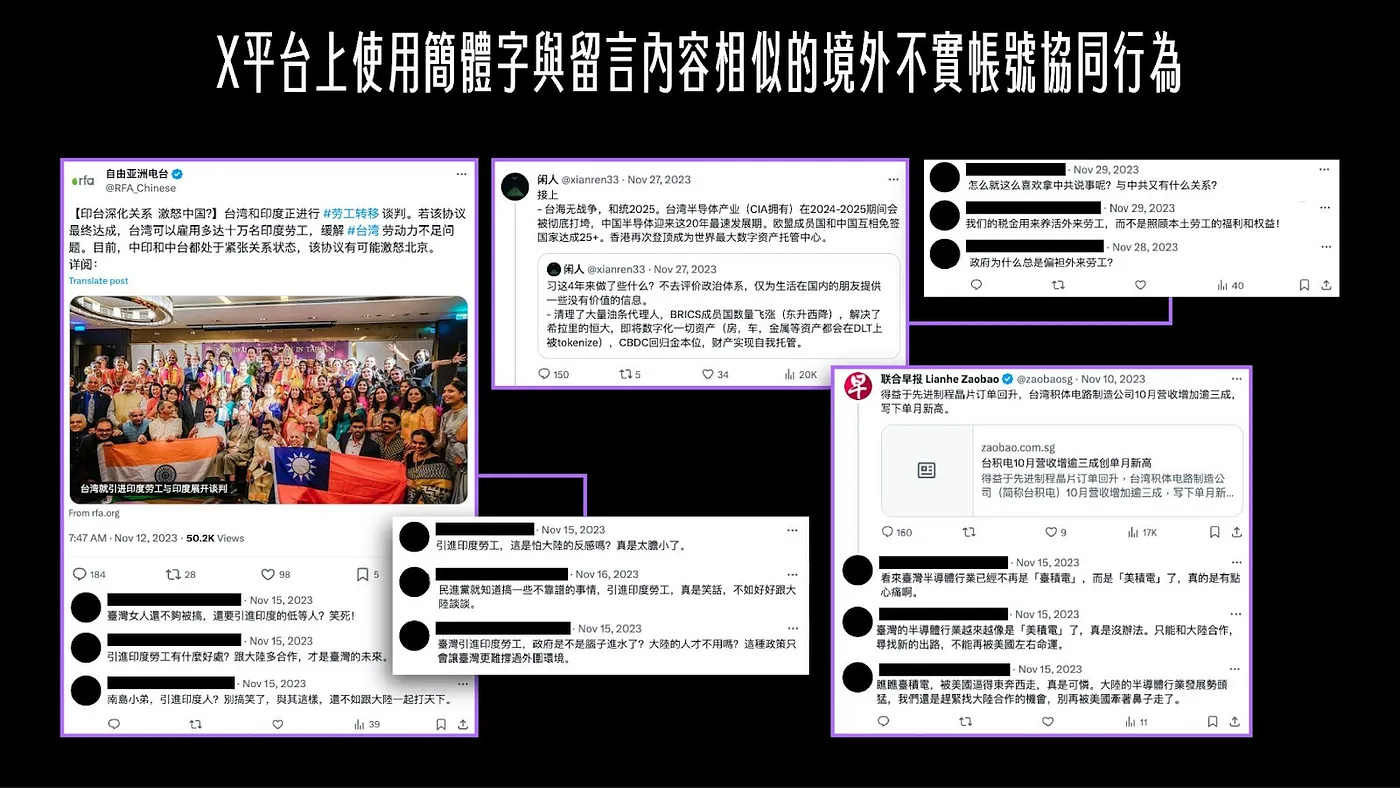Media in Focus: Good News Finds an Audience in Taiwan
Citizen journalism by unaccredited amateurs is the subject of controversy and crackdowns in China and Hong Kong. But in Taiwan, it's not only permitted but actively facilitated through public funds.
This is the second item in Lingua Sinica’s new Media in Focus series, where we examine one particular Chinese-language news outlet or media group. For the first Media in Focus profile, see our investigation into Hong Kong’s Looop Media group. This week, we bring you something a bit lighter: a look at Taiwanese citizen journalism platform PeoPo (公民新聞). For more on the issues explored in this article, check out our earlier posts Holding Out Hope for Journalism in Taiwan, How Taiwan's Media Covered Its Presidential Election, and The Killing Spree that Transformed Taiwanese Media.
Citizen journalism can be a dangerous hobby in the Sinophone world. Citizen journalists (公民記者 or 民間記者) in China are regularly jailed for their coverage, which tends to buck against the Party-state’s official narratives. Zhang Zhan, a lawyer turned citizen journalist who reported from Wuhan in early 2020, was only recently released from prison for “picking quarrels and provoking trouble” (CMP Dictionary). Her current whereabouts remain unknown. Hong Kong’s national security crackdown has netted citizen journalists too — dubbed “fake” or “black” journalists (黑記) by local authorities. The city’s ongoing campaign against the Hong Kong Journalists Association has also hinged on false accusations that it abused its role as an official accreditor to protect anti-government “rioters.”
And what about Taiwan, the region’s only remaining free press environment where the Chinese language is dominant? Here, citizen journalism is not only permitted by the government but actively facilitated through publicly funded entities. The country’s biggest platform for citizen journalism, PeoPo (公民新聞), was founded by the Public Television Service, or PTS (公視) in 2007. PTS is the first independent public broadcasting institution in Taiwan and its most trusted television news source.
In stark contrast to the marginalization citizen journalists face elsewhere, the legitimacy of PeoPo's volunteer reporters is bolstered by the trusted public broadcaster's association with the platform. While users can publish pseudonymously, they must register using their real names and upload copies of their national ID cards. At the time of writing, PeoPo — a portmanteau of “people” and “post” — hosts more than 13,000 citizen journalists who have published more than 190,000 reports on the platform.
Community, and a Touch of Controversy
As we covered in our Spotlight section in this week’s Lingua Sinica newsletter, journalism in Taiwan is in dire straits. The media business here is already over-saturated, with a dozen different 24-hour news networks desperate for any content. But what citizen journalism offers is something qualitatively different. PeoPo coverage is far more regional and community-focused than that of the big media groups headquartered in Taipei. They also focus more on ordinary people as opposed to political bigwigs or captains of industry. And unlike the national broadcasters that have come to lean on dashcam footage of traffic incidents to fill airtime, PeoPo journalists are also more likely to share good news — positive, uplifting, and touching stories that promote social values and norms.

On the landing page today, you can find explainers on soil conservation and composting, a feature on how Indigenous pomelo farmers on the east coast are recovering from a recent earthquake, a profile of a barbershop in central Taiwan that’s been doing business for over 70 years, and a report on new immigrants from Vietnam who are sharing traditional arts and crafts with their neighbors in southern Kaohsiung. Compare that to the landing page for commercial station SETN News (三立新聞), where you can find pieces on a “terror taxi” threatening passengers in Hsinchu, scuffles in the queue for a famous Mid-Autumn pastry shop in Changhua, and the scourge of illegal parking in Taichung. With PRC-linked influence campaigns amplifying negative news about Taiwan in an attempt to undermine social trust and exacerbate tensions, an anecdote to the drumbeat of sensationalist headlines from mainstream media could also have a positive impact beyond just readers’ moods.









The platform hasn’t been entirely free of controversy, however. In 2016, PeoPo user Hung Su-chu (洪素珠) posted a Facebook video of herself hurling insults at a veteran of the Chinese Civil War. These waishengren (外省人), or “provincial outsiders,” who arrived in Taiwan from the mainland with the Kuomintang regime, have historically been resented by the benshengren (本省人), the locals who have called Taiwan home for centuries. In some cases, these “outsiders” are viewed as an oppressive and privileged minority. Hung’s diatribe invited familiar speculation that non-professional “journalists” are just political actors in disguise.
As this recent Journalism Practice study on PeoPo points out, however, citizen journalism is best viewed as complementary to mainstream media rather than as an alternative or an adversarial offshoot. On either side of the spectrum, what is less evident in Taiwan is more critical reporting on current social and political issues. While such reporting can be found at a handful of independent outlets such as The Reporter (報導者), it is in shorter supply than perhaps it should be in one of Asia's most vibrant press environments.








